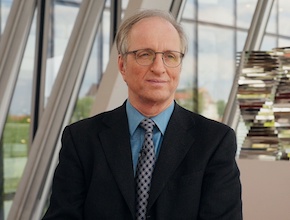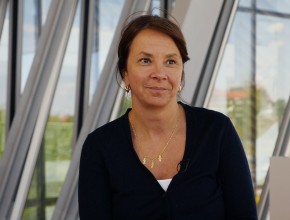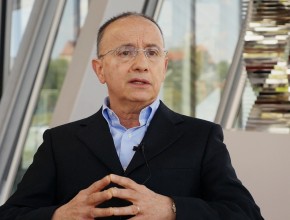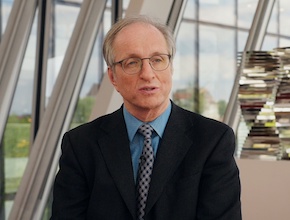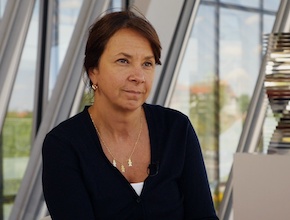Is there anything new in the management of Graves hyperthyroidism?
Luigi Bartalena: This a very important question. Graves hyperthyroidism is a relatively frequent disease, affecting 2% of women and a smaller proportion of men. The available treatments – antithyroid drugs, pharmacological agents, radioiodine, and thyroidectomy – are all imperfect treatments because they do not target the pathogenic mechanisms of the disease. They are either bound to a high rate of relapses of hyperthyroidism, as in the case of antithyroid drugs, or to life-long hypothyroidism, as is the case of radioiodine and thyroidectomy. This is the reason why novel drugs are under investigation.
One of the most promising drugs is rituximab, which is a CD20 B-cell depleting agent (monoclonal antibody); it is promising because Graves disease is a Th2–B-cell driven autoimmune disorder. Therefore, this drug might be somehow interesting for the future but the available data are very limited and are limited to small pilot studies or uncontrolled studies. Insofar, there is no clear evidence that rituximab might replace currently available treatments.
A further possibility might be represented by small agents or monoclonal antibodies, which target the thyroid-stimulating hormone (TSH) receptor. Why is this? Because Graves hyperthyroidism is caused by TSH receptor antibodies, which bind to the TSH receptor on the follicular cells and thereby cause uncontrolled hyperthyroidism. Therefore, if the TSH receptor could be blocked by these small agents or monoclonal antibodies, hyperthyroidism could be controlled. Insofar, the available data are limited to in vitro studies or to preliminary animal studies.
 English
English
 Español
Español
 українська
українська

